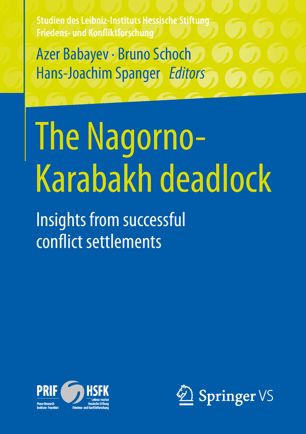

Most ebook files are in PDF format, so you can easily read them using various software such as Foxit Reader or directly on the Google Chrome browser.
Some ebook files are released by publishers in other formats such as .awz, .mobi, .epub, .fb2, etc. You may need to install specific software to read these formats on mobile/PC, such as Calibre.
Please read the tutorial at this link: https://ebookbell.com/faq
We offer FREE conversion to the popular formats you request; however, this may take some time. Therefore, right after payment, please email us, and we will try to provide the service as quickly as possible.
For some exceptional file formats or broken links (if any), please refrain from opening any disputes. Instead, email us first, and we will try to assist within a maximum of 6 hours.
EbookBell Team

4.1
90 reviewsThe book examines all relevant models which have been employed in settling ethno-territorial conflicts since the time of the League of Nations. Eight of these models have been studied in-depth. The aim of this analysis is to gain expertise and insights that could prove relevant to resolving the conflict in Nagorno-Karabakh. This potential is evaluated in the closing chapters of the volume where novel ideas on how to apply the lessons of these cases to the conflict in Nagorno-Karabakh are presented. This conflict carries many features typical of ethno-territorial conflicts in present and past times: it is neither unique, nor does its settlement depend on others than the parties to the conflict. Rather it is – as in all other cases – entrenched historical narratives and enemy images which lead to zero-sum calculations and can conceivably only be overcome in a gradual process.
Content
The Editors
Dr Azer Babayev is Assistant Professor of Political Science at ADA University, Baku.
Dr Bruno Schoch is Associated Researcher at PRIF (Peace Research Institute Frankfurt), Frankfurt/Main.
Dr Hans-Joachim Spanger is Head of the Dissemination Division at PRIF (Peace Research Institute Frankfurt), Frankfurt/Main.